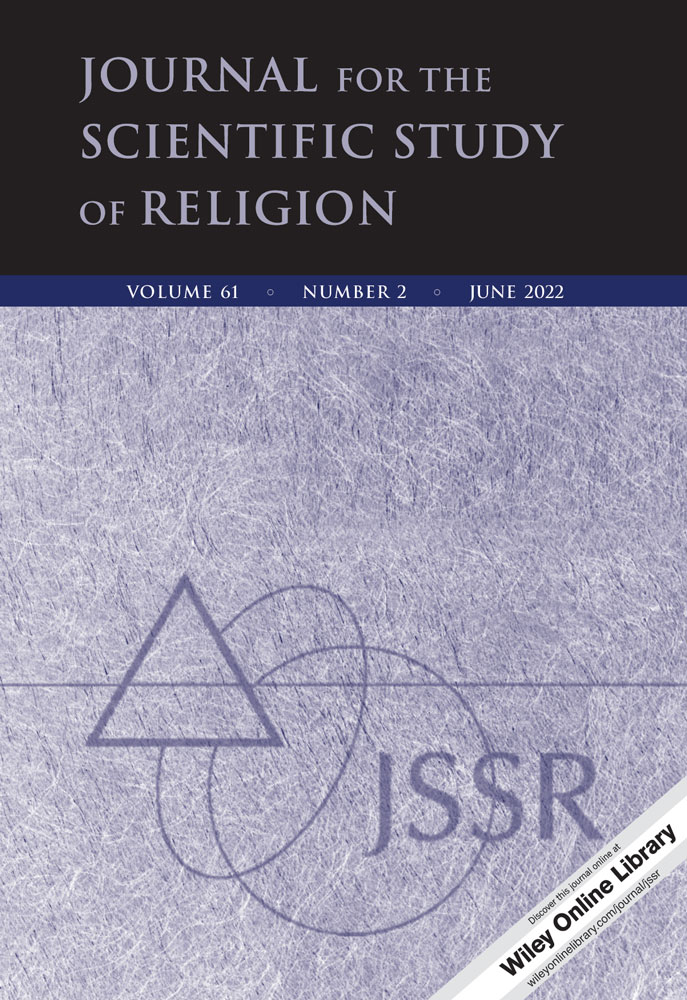Religiosity and US adolescents’ well-being: The moderating role of trait reactance
Acknowledgments: This research was supported by National Institute on Alcohol Abuse and Alcoholism grant R21 AA014897 to the first author.
Abstract
A large body of evidence has connected religiosity and spirituality to well-being, especially during the crucial adolescent years. This study examines whether trait reactance, a personality predisposition to resist external influences and threats to one's freedom, moderates the links between religiosity/spirituality, self-esteem, and well-being over the course of adolescence. We test these interactive effects with survey data from a nationally representative sample of children aged 13–17 (N = 419). Our results indicate that religiosity/spirituality is generally related to higher levels of self-esteem and that self-esteem positively relates to happiness. However, the relationship between religiosity/spirituality and self-esteem changes as a function of both age and trait reactance. Among young adolescents (14 years of age), lower reactance and lower religiosity/spirituality are associated with lower self-esteem, and among older adolescents (17 years of age), higher reactance and higher religiosity/spirituality are associated with the highest levels of self-esteem.




